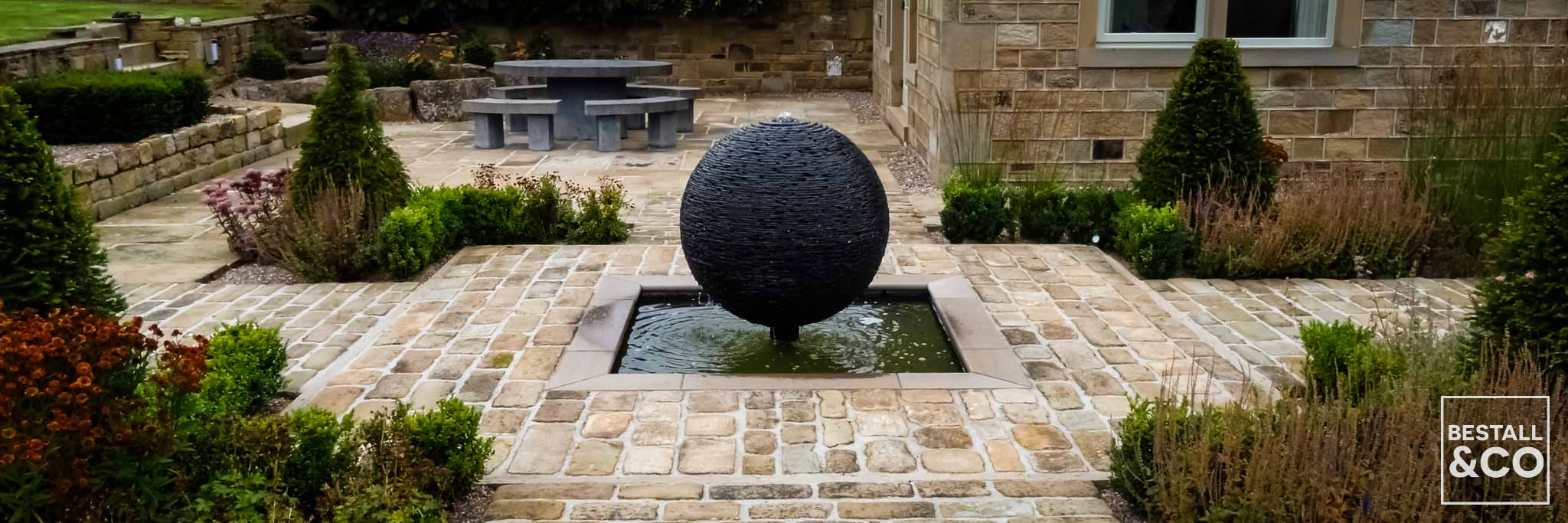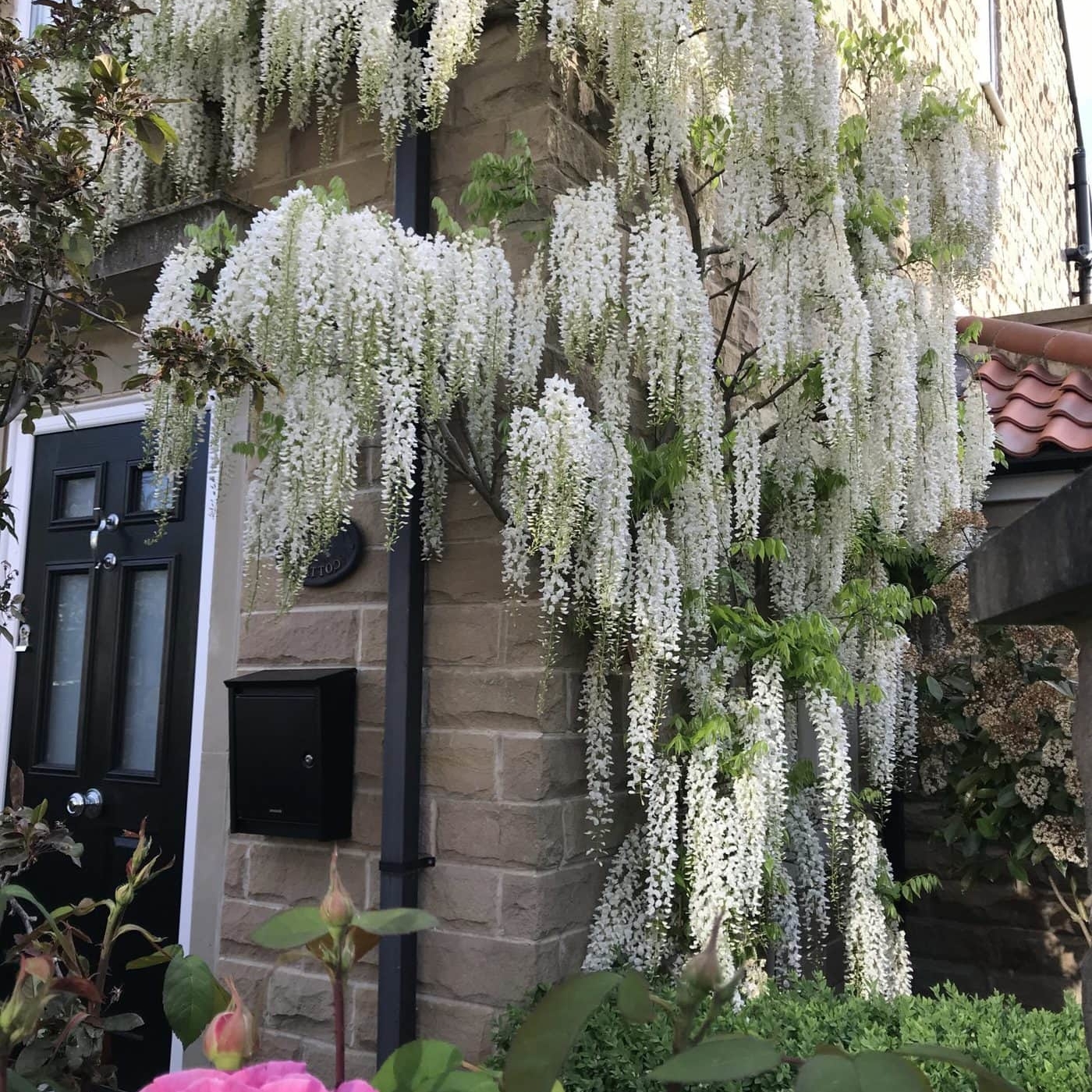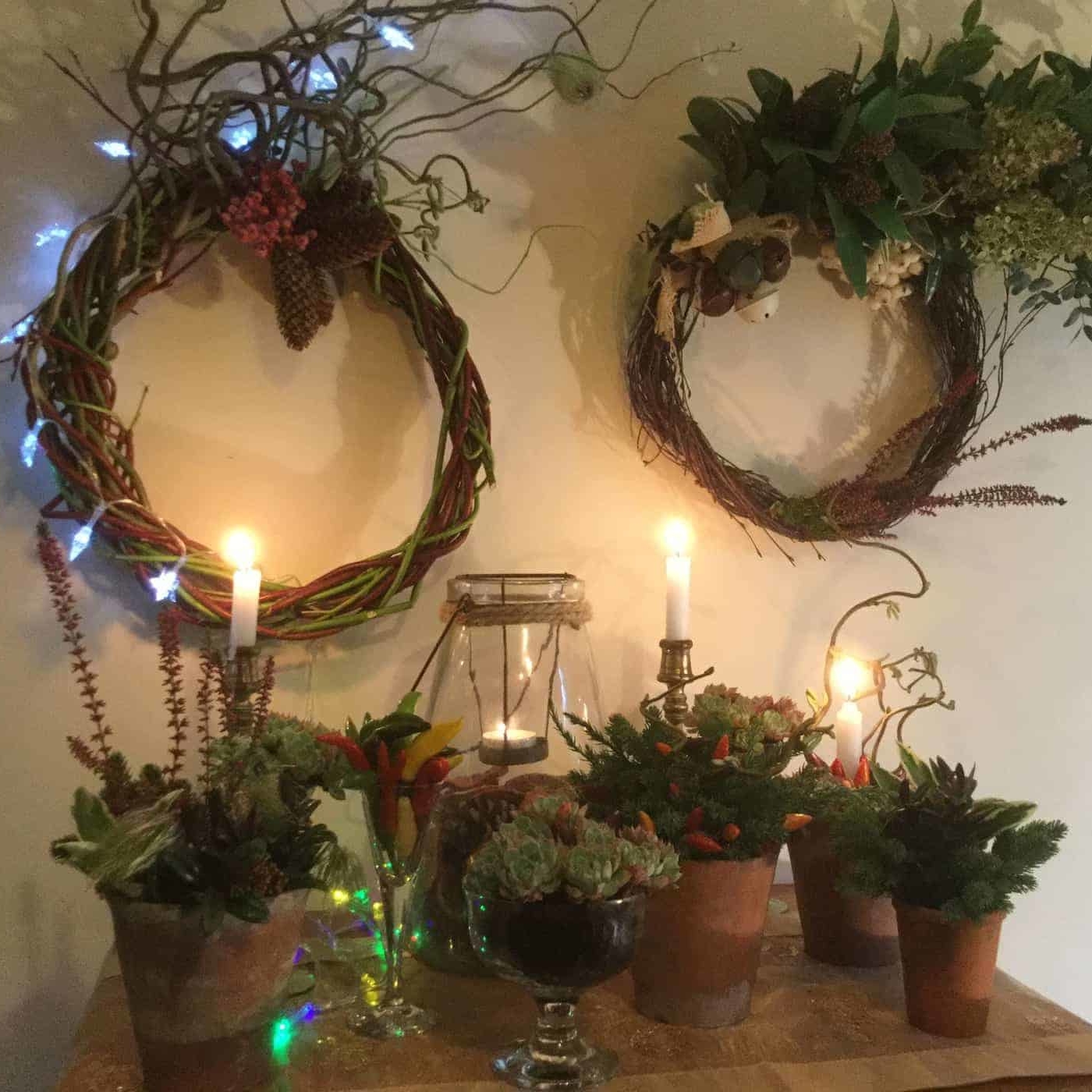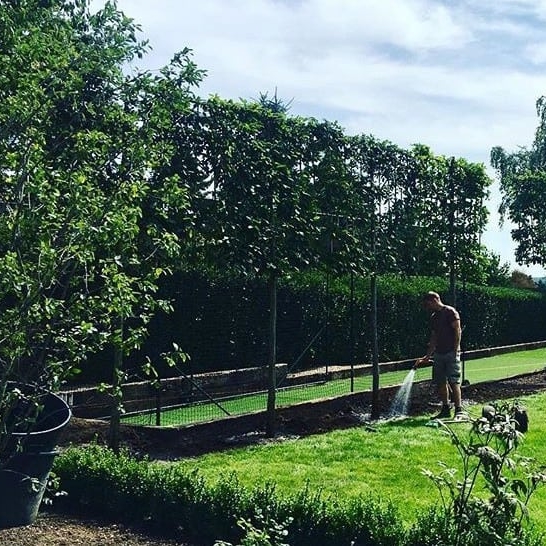How to Commission a Garden Sculpture:
The Ultimate Guide
Garden sculptures can transform an outdoor space, adding personality, elegance, and a focal point that enhances the overall design. This comprehensive guide will help you navigate the process of commissioning a garden sculpture, ensuring you make informed decisions about budget, style, and materials.

Defining Your Vision
Purpose and Placement:
-
Determine the purpose of the sculpture in your garden. Is it to create a centrepiece, talking point, a subtle accent that is buried within foliage or as a declaration of love?
-
Decide on the exact location within the garden. Consider visibility from different angles, proximity to other garden features, and interaction with plants. This will help you to understand if you need a 2D piece (if it is to located at the end of a vista) or a 3D piece (if it is viewed from more than one side).
Theme and Style:
-
Choose a theme that complements your garden’s design and your own personal values (e.g., nature-inspired, modern abstract or classical).
-
Select a style that resonates with you and fits harmoniously with your garden’s aesthetics (rustic and traditional, modern, urban or country). For example, a modern stainless steel or aged mild steel sculpture might fit well in a minimalist garden, while a classical stone sculpture could enhance a formal garden. Don’t be afraid tio mix things up and use colour if you like.
Size and Dimensions:
-
Specify the size based on the available space and desired impact. Large sculptures can dominate, while smaller pieces can create intimate focal points. For instance, a three metre bronze statue will stand out in a large garden, while a smaller piece on a one metre plinth piece might be perfect for a smaller space.
Setting a Budget
Material Costs:
-
Bronze: Timeless and elegant, bronze is highly durable and develops a beautiful patina over time. Expect to pay between £8,000 and £40,000, depending on size and complexity.
-
Stone (Granite, Marble, Limestone or Sandstone): Stone is sturdy and weather-resistant. Granite and marble are more expensive (£12,000 to £35,000), while limestone or sandstone is more affordable (£4,000 to £15,000).
-
Wood: Suitable for a natural, rustic look. Hardwoods like oak or teak are more durable but require regular maintenance. Prices range from £1,500 to £12,000.
-
Metal (Stainless Steel, Corten Steel, powdercoated mild steel): Stainless steel is sleek and modern, resistant to corrosion, and mid-to-high budget (£8,000 to £28,000). Corten steel forms a stable rust-like appearance, ideal for contemporary gardens and mid-budget projects (£4,000 to £20,000).
-
Copper: Offers a vibrant colour and like other metals can be worked into an intricate design. It is a more affordable option than Brass (£3500 to £15,000) and will patina beautifully.
-
Artist Fees: Artist fees vary based on reputation, experience, and the complexity of the work. A renowned artist or a highly intricate design will command higher fees. Emerging artists might charge £1,500 to £8,000, while established artists could charge £12,000 to £40,000 or more.
Additional Costs:
-
Factor in transportation, installation, and potential permissions. Outdoor sculptures usually also require a foundation or plinth, adding to the overall cost. Installation costs can range from £400 to £4,000, depending on the complexity.
Finding the Right Artist
Research:
-
Look for artists who specialize in sculptures for gardens. Visit online galleries and for something extra special consider platforms like the Royal British Society of Sculptors, Saatchi Art, and Sculpture.org to discover potential candidates. Consider Gallery FortyFive for affordable pieces (this recommendation is an unpaid advertisement.)
Portfolio Review:
-
Review the artist’s previous work to ensure their style and expertise align with your vision. Consider artists like Antony Gormley for abstract pieces, or Anna & David for nature-inspired works.
Consultation:
-
Schedule meetings with potential artists to discuss your project. Assess their understanding, enthusiasm, and ability to bring your vision to life.
The Commissioning Process
Concept Development:
-
Collaborate with the artist on preliminary sketches or models. Ensure the design complements your garden’s existing features. A 3D model might help visualise how a stainless steel sculpture will interact with surrounding plants. Do expect to pay for this service if you’re looking for something bespoke.
Contract and Agreement:
-
Clearly outline the scope of work, timeline, payment schedule, and any other important terms in a written contract.
Design Approval:
-
Review and approve the final design before the artist begins work. Ensure all details meet your expectations, such as the texture of the material or the exact patina on a bronze sculpture.
Execution and Progress Monitoring
Regular Updates:
-
Arrange for periodic updates from the artist. This can include progress photos or site visits. For example, receive monthly photo updates of a ceramic piece being sculpted and finished.
Adjustments:
-
Be open to minor adjustments while respecting the artist’s creative process. Clear communication is key to a successful collaboration. For instance, minor changes in the sculpture’s base might be necessary for stability or to enhance the piece.
Installation and Finalisation
Site Preparation:
-
Ensure the installation site is ready. This may include preparing a foundation, ensuring proper drainage, and considering lighting. A concrete base might be needed for a heavy sculpture.
Transportation and Installation:
-
Coordinate with the artist or a professional service for safe transportation and installation. Ensure proper equipment is used to avoid damage.
Final Inspection:
-
Inspect the finished piece to ensure it meets your expectations. Address any concerns before finalising the project. Check for any potential stability issues or imperfections in the material.
Care and Maintenance
Material-Specific Care:
-
Understand the maintenance requirements for your chosen material:
-
Bronze: Occasional waxing to preserve patina. Annual maintenance costs around £150 to £400.
-
Stone: Regular cleaning to prevent moss and lichen buildup. Bi-annual cleaning might cost £200 to £500.
-
Wood: Periodic sealing or oiling to protect from weathering. Yearly treatment could cost £75 to £250.
-
Metal: Stainless steel requires minimal maintenance, while Corten steel should be monitored for excessive rusting. Occasional cleaning might cost £100 to £300.
-
Long-Term Care:
-
Schedule regular maintenance to preserve the sculpture’s condition and appearance. Establish a maintenance plan with the artist or a professional conservator.
Conclusion
Commissioning a garden sculpture is a rewarding process that results in a unique piece of art enhancing your outdoor space. By defining your vision, setting a budget, finding the right artist, and understanding the commissioning process, you can ensure a successful project that adds beauty and character to your garden for years to come.
Additional Tips
Inspiration:
-
Look at case studies or examples of successful garden sculpture commissions for inspiration. Visit gardens like the Yorkshire Sculpture Park or the sculpture gardens at the Henry Moore Foundation.
Legal Considerations:
-
Be aware of any legal considerations, especially for large or public installations. Consult with local authorities if necessary.
Community Engagement:
-
If it’s a public piece, consider involving the community in the process for added value and engagement. Host a community meeting to gather input and support.
Resources
-
Links to artist directories, art galleries, and commissioning agencies:
-
Suggested reading on garden sculpture art and commissioning processes:
-
“The Sculpting Techniques Bible” by Claire Waite Brown
-
“Sculpture: From Antiquity to the Present Day” by Georges Duby
-
Start exploring your ideas and reach out to artists to bring your vision to life. Adding a sculpture to your outdoor space can be a perspective changing addition to your everyday life at home, altering the way you see your home and oftentimes enhancing the surrounding area. Transform your garden with a stunning, personalised piece that reflects your style and enhances your outdoor space.
Article published August 2024.
Lee Bestall
Founder & Design Director at Bestall & Co Landscape Design, a practice recognised as one of the best garden design companies in the North & Midlands of England. Lee's objective in life is to facilitate the design and build of fabulous gardens and sculpt beautiful landscapes which enhance the natural beauty of the world, as well as transforming the world his clients live in. "My personal mission is to design my own park or village based around a central courtyard garden. My goal in business is to create a nationwide design consultancy which can support my dream." Read more >> or Connect with Lee on LinkedIn >>



